ABR receives a commission on items purchased through this link. All ABR reviews are fully independent.
A chorus of souls
Jorge Luis Borges thought the appearance of a major new author or creative work should prompt a realignment of literature’s family tree. Fresh genealogies of influence suddenly manifested, while old antecedents could find themselves pruned to a nub. Borges knew that actions in the present can remake our sense of past and future both.
Fiona McFarlane’s new short story collection proceeds in fealty to this idea, though in a darkling and inverted manner. Each of Highway 13’s fictions is concerned with murder, the ultimate de-creative act. Such deaths cruelly amputate the full potentialities of a human being, and not just in isolation. The loss of a child, sibling, lover, partner, or friend rends the social fabric; it alters lives, now and into the future. But a cluster of such deaths generates something bleaker still. Entire townships and communities are warped by the pain engendered. Social networks are scrambled and degraded. Whole families are disarticulated by grief, while trauma can recur down the generations in a manner almost epigenetic. The dead travel widely, too, in the form of shadows cast by every effort made by survivors to out-run them.
Continue reading for only $10 per month. Subscribe and gain full access to Australian Book Review. Already a subscriber? Sign in. If you need assistance, feel free to contact us.
ABR receives a commission on items purchased through this link. All ABR reviews are fully independent.



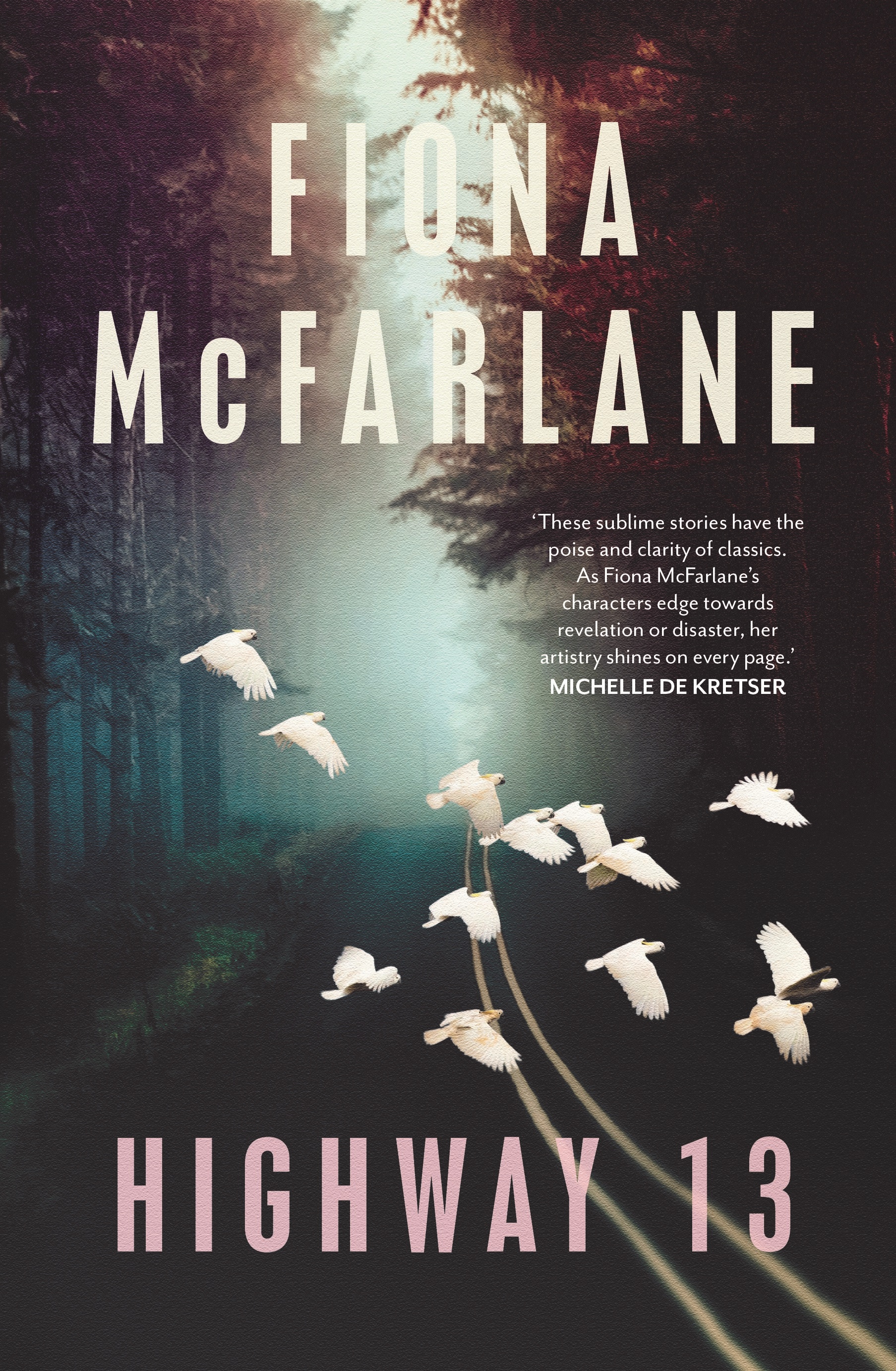




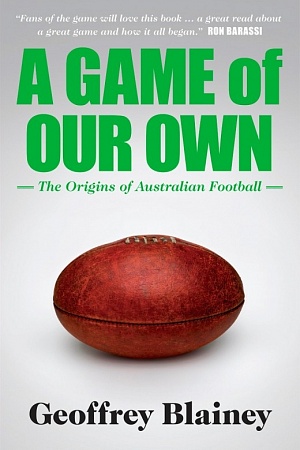
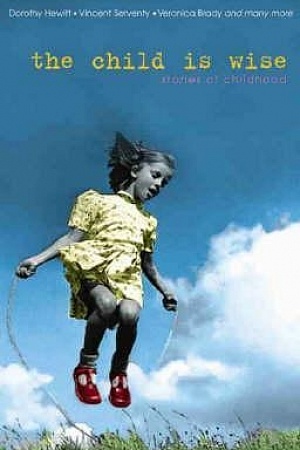
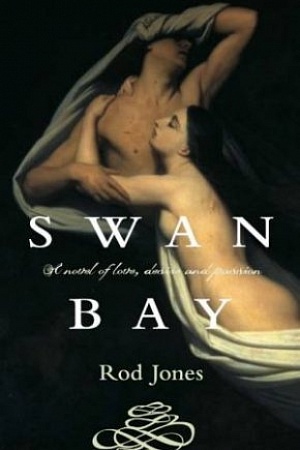
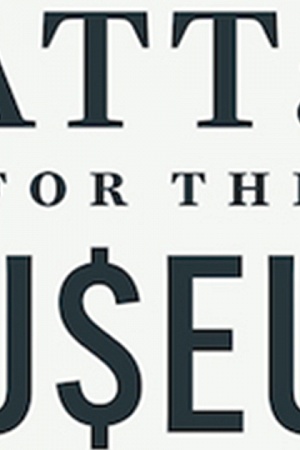




Leave a comment
If you are an ABR subscriber, you will need to sign in to post a comment.
If you have forgotten your sign in details, or if you receive an error message when trying to submit your comment, please email your comment (and the name of the article to which it relates) to ABR Comments. We will review your comment and, subject to approval, we will post it under your name.
Please note that all comments must be approved by ABR and comply with our Terms & Conditions.